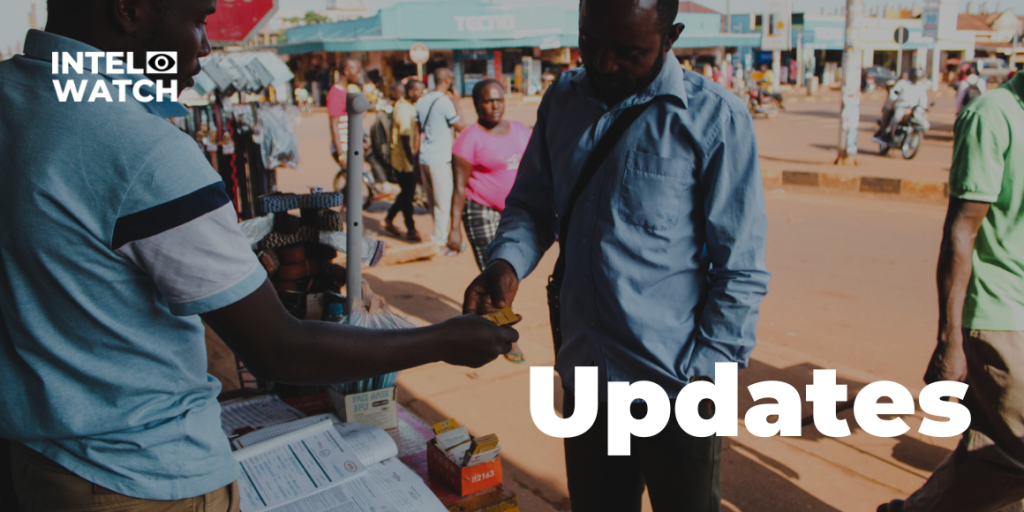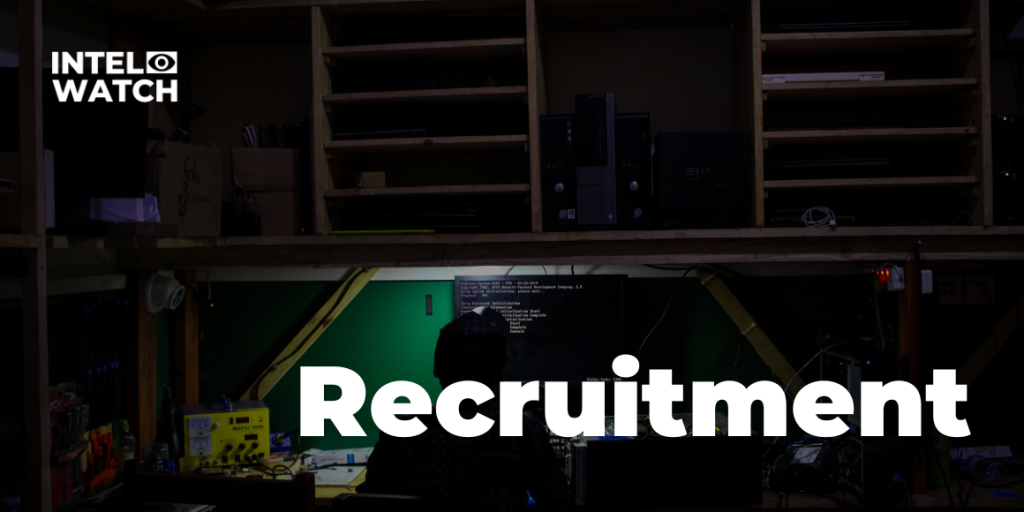Op-ed | Repressive cybercrime law poses grave threat to Lesotho’s fragile democracy
This piece by Herbert Moyo was first published by Daily Maverick.
No amount of sugar coating can disguise the fact that the Lesotho Computer Crimes and Cyber Security Bill is designed to suppress free speech and shield those in power from public scrutiny. This is not a matter of cybersecurity — this is a matter of democracy.
Except there is nothing frivolous, comical or innocuous about Communications Minister Nthati Moorosi’s determination to force through the draconian Computer Crimes and Cyber Security Bill, 2024.
The darker and more sinister truth is that Moorosi’s actions could well undermine Lesotho’s already fragile democracy. This Bill, previously rejected in 2020 and again in 2022 due to its unconstitutional provisions, signals a troubling return to oppressive governance, jeopardising press freedom, citizens’ right to privacy, and freedom of expression.
Lesotho cannot afford to slide back into authoritarianism under the guise of ensuring cybersecurity.
With its sweeping and vague definitions of “classified” information, this Bill criminalises the work of journalists and whistleblowers who expose government corruption.
Punishing journalists with up to 17 years in prison or fines reaching M12-million ($673,800) for possessing or reporting on information deemed classified by the government is not aimed at protection – it is a blatant attempt to stifle accountability and silence dissent.
The public’s right to know the truth is being sacrificed at the altar of state control, creating an atmosphere of fear that is antithetical to the principles of a free press and right to information.
Moreover, the Bill’s provisions to reintroduce criminal defamation into Lesotho’s statutes, despite a landmark Constitutional Court ruling outlawing it in 2018, are a direct affront to judicial independence and the constitution itself. In a democratic society, the courts’ authority should be respected, not undermined by sneakily reintroducing laws or clauses that have been deemed unconstitutional.
This move raises serious concerns about the government’s respect for the rule of law.
Let us not forget that Lesotho’s media landscape is already fragile, operating under significant constraints. This Bill would add a dangerous new layer of repression. Section 21 of the Bill criminalises unauthorised access to computer systems, a broad provision that could easily be used to target journalists for simply doing their job.
Whistleblowers would not be able to pass on what is deemed to be classified information. As the last line of defence against corruption and abuse, whistleblowers would thus be cut off from engaging with the media, effectively shutting down avenues of public accountability.
That way, politicians would be able to get away with impunity, safe in the knowledge that any attempt to hold them up to scrutiny would be ruthlessly dealt with.
Clauses of the Bill which would punish individuals for publishing supposedly false or misleading information are equally insidious. In practice, these provisions could be weaponised to suppress critical reporting or even satire, as was seen in the case of Basildon Peta, publisher of the Lesotho Times and Sunday Express.
His 2018 Constitutional Court victory against the criminal defamation laws which had been used to charge him should have been a milestone for press freedom. Instead, this Bill seeks to reverse that hard-won progress, reintroducing the very censorship that was condemned by the highest court in the land.
The irony is that Moorosi initially showed promise by withdrawing the Bill after stakeholders raised serious concerns. She had even called for consultations, giving hope that the government might adopt a more collaborative approach.
But those hopes have been dashed. Stakeholders from across civil society, including the Media Institute of Southern Africa (Misa) Lesotho Chapter, have expressed their outrage at being ignored. Despite making written submissions to the ministry, their input has been disregarded.
The Bill has been tabled again, unchanged and unrepentant, proving that the government’s gestures of consultation were nothing more than a smokescreen for authoritarianism.
The claim by Khiba Masiu, the director of information communication technology in the communications ministry, that Misa and other stakeholders were happy with the Bill’s provisions is disingenuous at best.
While some dialogue may have occurred, the fact remains that key objections were never addressed. This is not about fine-tuning details – this is about the fundamental rights of Lesotho’s citizens.
No amount of sugar coating can disguise the fact that this law is designed to suppress free speech and shield those in power from public scrutiny.
It is crucial that parliament recognises the danger this Bill poses and rejects it in its entirety. This is not a matter of cybersecurity – this is a matter of democracy.
Lesotho’s government must not be allowed to use the guise of protecting citizens from cyber threats as a cover for imposing repressive laws that curtail fundamental freedoms. Civil society must remain vigilant, and the voices of dissent must not be stifled under any pretext.
To pass this Bill would be a grave betrayal of the principles of justice, freedom and transparency. Lesotho has come too far from the dark days of the 1980s and 1990s military dictatorship to allow its hard-earned liberties to be eroded by legislation that serves only to consolidate state power at the expense of the people.
And when the spectre of repression reared its head in more recent times, like the 2017 attempt by then prime minister Pakalitha Mosisili to ban social media platforms like Facebook and Twitter (now X), journalists and the public stood firm to thwart such moves.
At this juncture, parliament must stand firm and reject this draconian Bill once and for all. The future of Lesotho’s democracy depends on it. DM


